People who find themselves in need of securing a bail bond have numerous payment options. Most companies need payment prior to posting a bond for the release of a detainee, however, the cost of the bond is often more money than people have readily available. To assist with this, there are numerous flexible financing options, including credit cards, money orders and even payment plans. Bail bonds do not require collateral in many cases, either.
Options available for traditional payment of bail bonds include Visa, MasterCard, American Express, Discover, cash, money orders and wire transfer of funds. While checks are not accepted, using a combination of these forms of payments is an option.
For cases where a person does not have the necessary funds on hand, a flexible bail bond payment plan might be the best option. In order to qualify for payment plans, it is simply required that the indemnitor has good credit and/or is a homeowner. Factors such as the length of time the indemnitor has been living in California, employment, credit rating and the type of crime the detainee is being held for are all taken into consideration for financing eligibility.
In the situation that a person does not have good credit and is not a homeowner, asking a family member or friend to cosign the bail bond might be the best option. All who seek a bail bond should be aware of bail bond indemnitor's responsibilities before signing any legally binding contract. The biggest indemnitor responsibility is to ensure that the defendant or detainee shows up in court on the day they are assigned.
The bail amount can also be paid in full at the jail where the defendant is being held, but it must be paid in the form of cash or cashiers check. Most people have difficulties arranging for larger sums, which is one of the reasons bail bonds come into play.
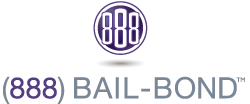
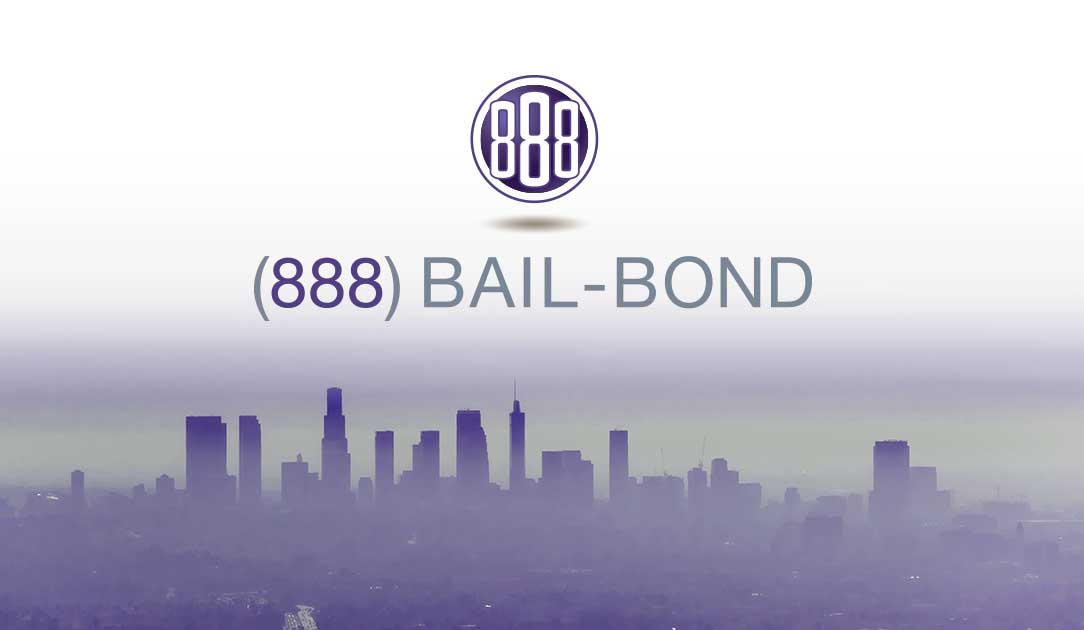
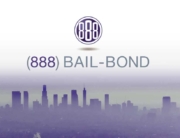
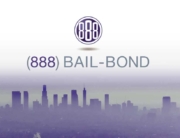
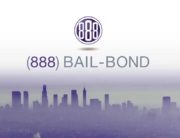
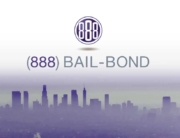




Follow Us
Facebook
Twitter
Google +1
LinkedIn
Youtube